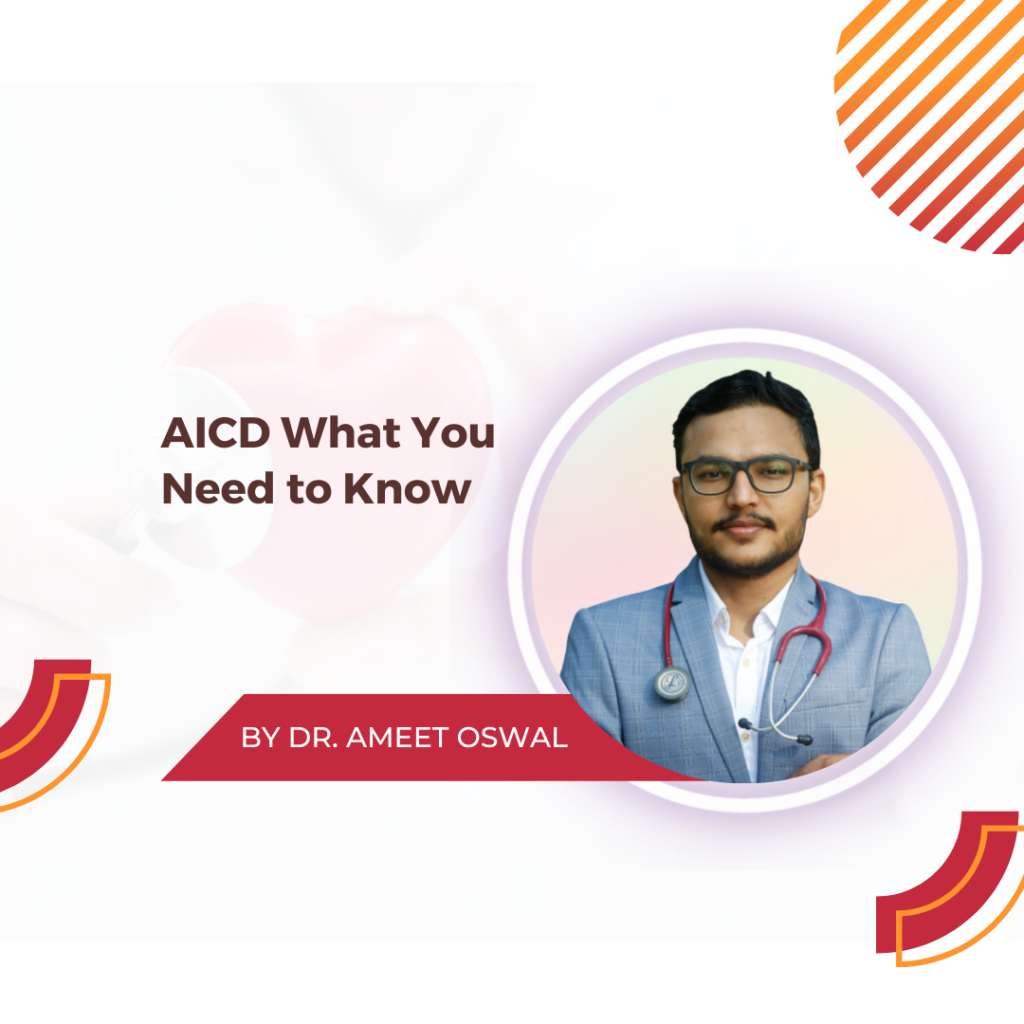An automatic implantable cardioverter-defibrillator, or AICD, is a medical device that is used to treat certain heart conditions, including arrhythmias and heart failure. In this blog post, we’ll explore what you need to know about AICDs, including how they work and who may benefit from them.
What is an AICD?
An AICD is a small, battery-powered device that is implanted under the skin of the chest. The device continuously monitors the heart’s rhythm and delivers an electrical shock to restore a normal rhythm if necessary. The shock is delivered through wires, or leads, that are threaded through a vein and into the heart.

How does an AICD work?
An AICD works by continuously monitoring the heart’s rhythm. If the device detects an abnormal rhythm, it can deliver an electrical shock to restore a normal rhythm. The shock is delivered through the leads that are threaded through a vein and into the heart.
Who may benefit from an AICD?
AICDs are typically recommended for people with certain heart conditions, including:
Arrhythmias: AICDs are often recommended for people with arrhythmias, which are abnormal heart rhythms that can cause dizziness, fainting, or even sudden cardiac arrest.
Heart failure: AICDs may be recommended for people with heart failure who are at risk of sudden cardiac arrest.
History of cardiac arrest: If you have a history of cardiac arrest, your doctor may recommend an AICD to help prevent future episodes.
Inherited heart conditions: AICDs may be recommended for people with inherited heart conditions, such as long QT syndrome or hypertrophic cardiomyopathy, that put them at increased risk of sudden cardiac arrest.
It’s important to note that an AICD is not suitable for everyone with a heart condition. Your doctor will consider your overall health and medical history to determine if an AICD is right for you.
What are the potential risks of an AICD?
Like all medical procedures, there are some risks associated with implanting an AICD. These include infection, bleeding, and damage to the heart or blood vessels. There is also a small risk of the device malfunctioning or delivering an inappropriate shock. However, the benefits of an AICD generally outweigh the risks for people who need the device.
Conclusion In conclusion, an AICD is a medical device that can help treat certain heart conditions, including arrhythmias and heart failure. If you have a heart condition, talk to your doctor about whether an AICD may be right for you. With proper care and monitoring, an AICD can help improve your quality of life and reduce your risk of sudden cardiac arrest.
